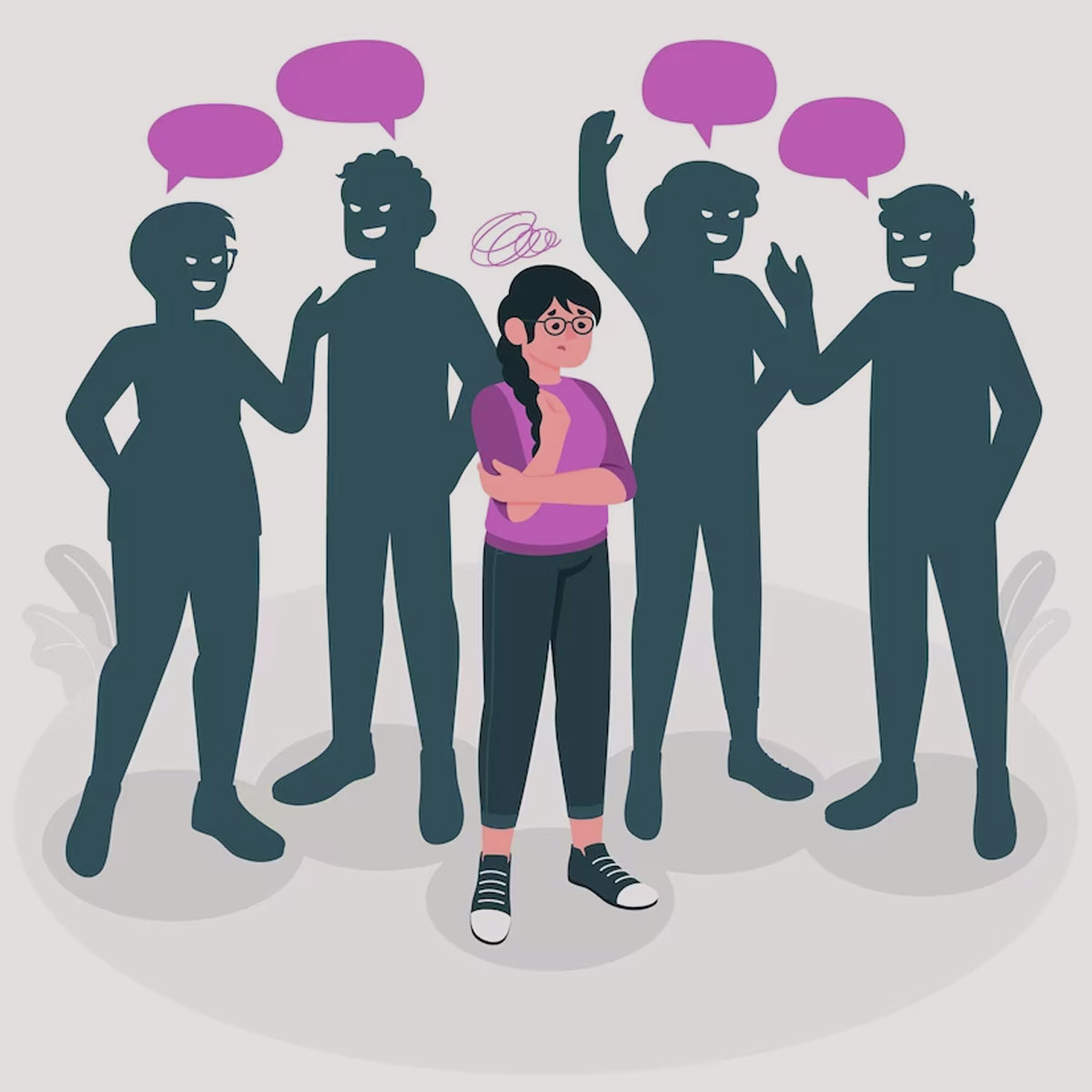Loneliness is a feeling that almost every one of us has experienced once in our life. It is almost like a void that we would want to fill with friends, family and loved ones, but for some reason, it remains hollow.
Keerthana M, a counselling psychologist at Lissun, a mental and emotional wellness startup, defines it as a ‘subjective feeling of social isolation, dissatisfaction and lack of social connectedness’.
He mentioned research findings indicating that loneliness can be connected to increased risks of developing mental health issues like depression, anxiety, substance abuse and suicidal thoughts. It has also been associated with inferior physical health outcomes.
According to a November 2022 survey published in Statista, 33% of adults worldwide experienced loneliness. In a world with more than eight billion people, this is a huge number, and loneliness is an issue that needs immediate attention.
Since May is Mental Health Awareness Month, we bring to you an article talking about how to cope with loneliness so that you can reduce the risks of developing mental health issues.
Relationship Between Loneliness And Mental Health

Keerthana explained that feeling alone has a direct impact on mental health. It could be positive or negative, but in most cases, people suffer from adverse effects. A report in the National Library of Medicine states that loneliness can be linked to depression (How To Help Someone Dealing With Depression), alcoholism, increased risks of dementia, bereavement, child abuse, suicidal thoughts, stress, disrupted sleep pattern and personality disorder.
Signs Of Loneliness Affecting Mental & Physical Well-Being

The psychologist said loneliness can manifest itself in many ways. Therefore, it is essential to identify early signs to prevent it from hampering your physical and mental health.
The signs include:
- Low concentration
- Oversharing or overdoing
- Sleep deprivation
- Weakened immune system
- Not being cordial at work
“People experiencing loneliness may feel a lack of purpose, decreased motivation, and reduced self-esteem,” Keerthana added.
Role Of Social Media In Loneliness

Social media has made it easier for people to tune out the world and immerse themselves in the fictional world. Keerthana said, “While it has made it easier for people to connect virtually, ironically, it has also contributed to loneliness as it creates a false sense of social connectedness that is not as fulfilling as person-to-person interactions are.”
It offers an unhealthy space for people to compare themselves with others, which adds to emotions of low self-esteem and inadequacy. Keerthana quoted a study by JAMA Psychiatry that said adolescents who spend more than three hours daily on social media had heightened risks of psychological and mental health issues.
The psychologist said, “Social media posts have the power to boost or harm one's self-image. This is especially hazardous as teens and adults constantly struggle with their self-esteem as they find their place in society.”
Don't Miss: List Of Affordable Online Therapy Resources
Who Is At Risk Of Suffering From Loneliness?

There is no age for feeling lonely. It can impact people of any age, gender and social status. However, those who have been through a big life change, including retirement, relocation to a new city, loss of a loved one or suffering from a mental health issue in the past are more likely to suffer from loneliness.
Keerthana added teenagers are also at risk of feeling lonely if they feel they are being misunderstood or unable to fit into a group despite having a strong support system of family and friends.
Don't Miss: Expert Shares Why Becoming A Mom Should Be A Woman's Choice
How To Cope With Loneliness?

Keerthana shared a few ways to cope with loneliness,
- Seek support from family, friends, loved ones and mental health (Why As A Gen-Z I Want To Talk About Mental Health) experts
- Engage in hobbies to keep yourself occupied
- Join social groups or volunteer for a good cause
- Exercises regularly to stay healthy and fit
- Limit social media usage if it is affecting you adversely, making you feel bad about yourself or cultivating unhealthy behaviour
- Meet more people, try to be a part of social groups and build meaningful relationships
If nothing seems to be working out for you, consider booking an appointment with an expert. You need not deal with it alone. If you liked the story, stay tuned for more!
